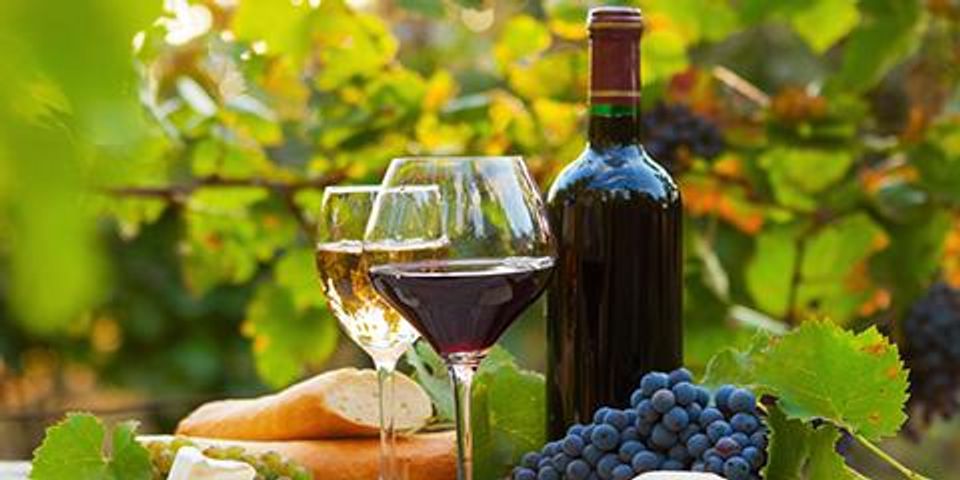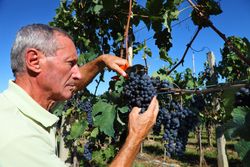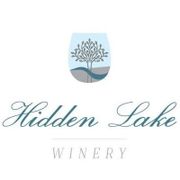
Whether you enjoy a deep merlot or prefer a crisp pinot grigio, a good bottle of your favorite wine is ideal for pairing with a delicious dinner or sharing with your best friends at a local winery. With varieties in white, red, and rosè, how did this beverage come about? Below is a brief history.
Who Discovered Wine?
Wine was discovered around 10,000 BCE when people collected grapes off the vine to eat. After a few days, however, the picked fruit began to ferment, leaving a delectable, low alcoholic juice at the bottom of their container. Once early humans tasted it, they decided to enjoy the grapes and the liquid result of the fermentation process.
Archaeologists have found proof that wine was made from wild grapes as far back as 8,000 BCE in Armenia, Georgia, and Iran. Scientists discovered an ancient winery about 6,100 years old in an Armenian cave complete with presses, jugs, and cups.
Around 4,500 BCE, winemaking in Greece and Sicily began. Wine was used mostly in religious ceremonies, mainly to worship Dionysus, the Greek god of the grape harvest, winemaking, fertility, and merriment. The Romans continued the tradition with their version of the god, Bacchus. Using wine in a religious capacity continued in the Jewish religion, and with Christians participating in the Eucharist.
It wasn’t until medieval times that wine production boomed in Europe. Winemaking took a hit, though, in the late 1800s during a phylloxera outbreak that destroyed grapevines all over the area. While many crops perished, some feel this was nature’s way of selecting the strongest grapes. French and Italian vineyards used these hearty vines to create some of the highest quality wines in the region.
Wine in America
 Spanish conquistadors are credited with bringing grapes and vines to the American continent, mainly to use for rituals and worship. Over the years, the Mexican winemaking industry boomed, while other countries like France and Italy began to bring their own versions over as well.
Spanish conquistadors are credited with bringing grapes and vines to the American continent, mainly to use for rituals and worship. Over the years, the Mexican winemaking industry boomed, while other countries like France and Italy began to bring their own versions over as well.
Wine enjoyed a fruitful run as a favorite drink in the United States until Prohibition nearly eliminated the entire industry. Many wineries survived by supplying grape juice to churches while others were forced to close. Because of this, many American vineyards are less than a century old since most vines were planted after Prohibition ended.
To celebrate your love for fine wine, visit Hidden Lake Winery in Aviston, IL. The winery has a list of award-winning spirits, ranging from dry to sweet as well as specialty wines with hints of blackberry, pear, and more. The establishment is also the perfect event venue. With rooms seating between 400 and 500 guests, the banquet hall provides a picturesque view for any wedding reception or party as well as beautiful, cozy cabins for an overnight stay. Call (618) 228-9111 or visit their website for more information.
About the Business
Have a question? Ask the experts!
Send your question

